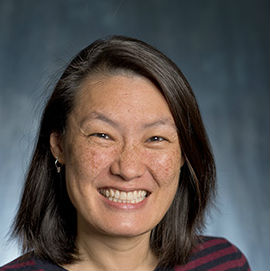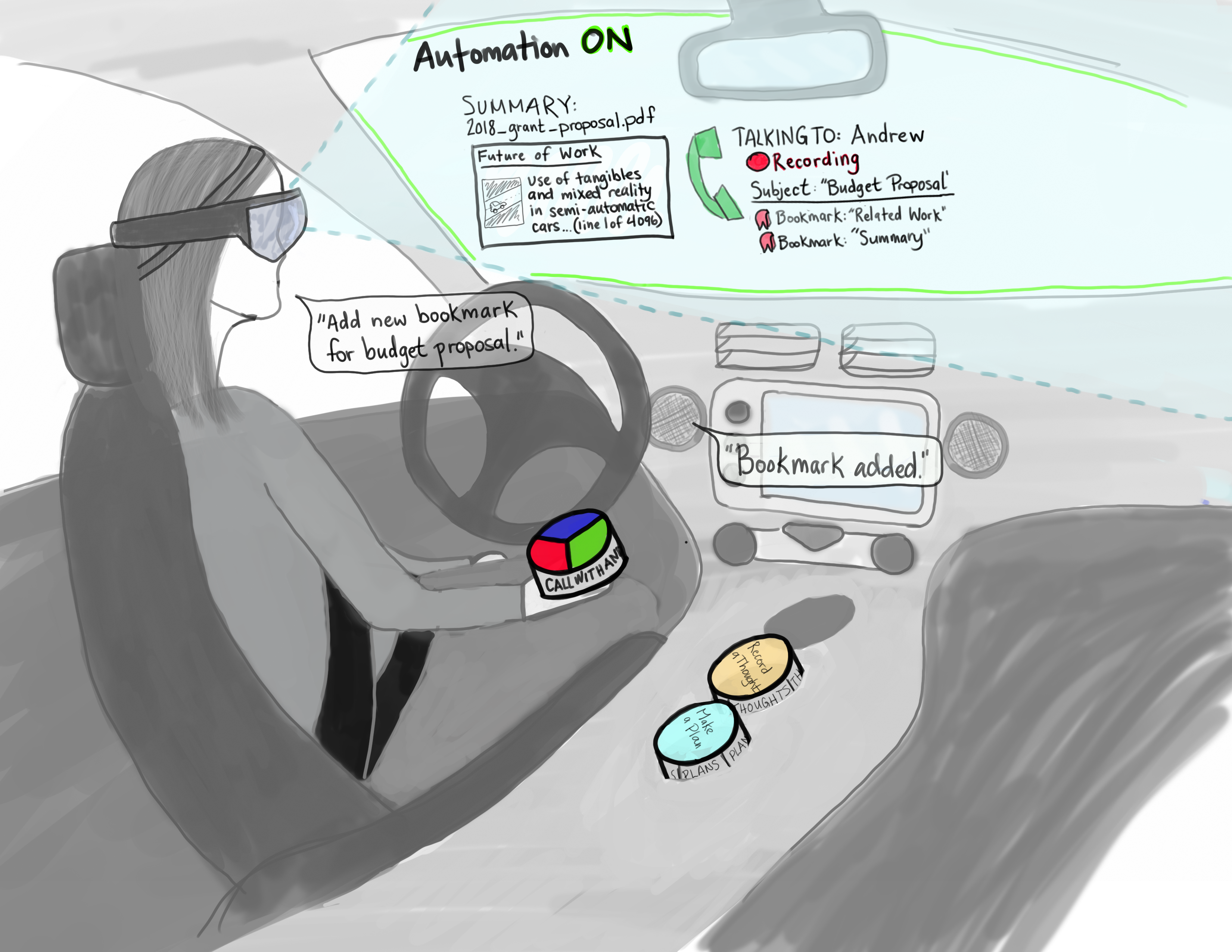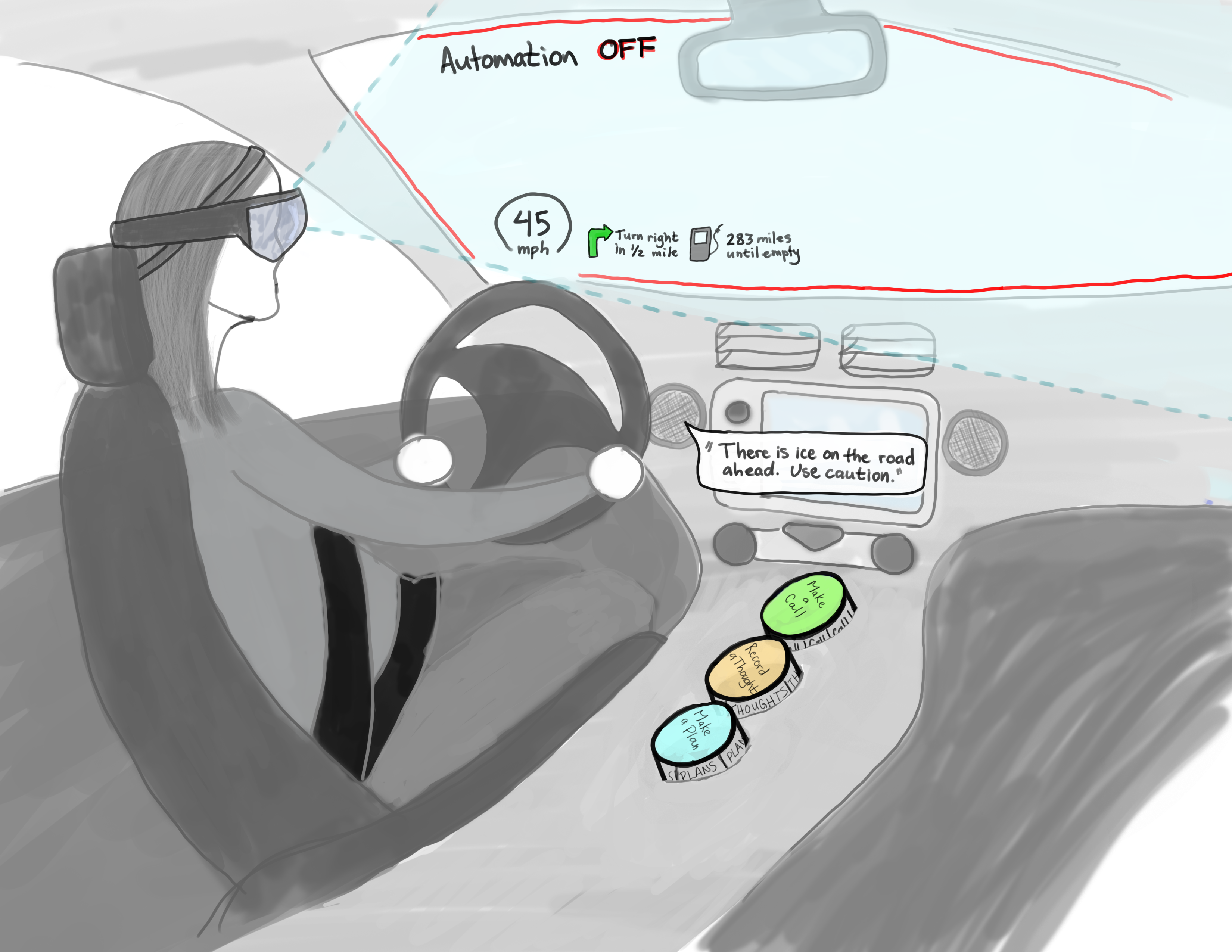Our Team

Linda Ng Boyle
University of Washington
linda [at] uw.edu
Linda Ng Boyle is an Associate Professor in the Department of Civil & Environmental Engineering. Dr. Boyle's research centers on driving behavior, crash countermeasures, crash and safety analysis, and statistical modeling. Dr. Boyle is an associate editor for the journal Accident Analysis and Prevention and serves on the Transportation Research Board committees on Simulation and Measurement of Vehicle and Operator Performance and Statistical Methodology in Transportation Research.

Andrew Kun
University of New Hampshire
andrew.kun [at] unh.edu
Andrew Kun is an Associate Professor at UNH, ECE Department. Andrew was the principal investigator of the Project54 effort which involved integrating embedded mobile computing equipment and wireless networking into police cruisers. Currently, a significant part of Andrew’s research is focused on driving simulator-based exploration of in-car user interfaces, and estimation methods of the drivers’ cognitive load to determine the effect of the user interface on the driving performance.

John D. Lee
University of Wisconson
jdlee [at] engr.wisc.edu
John D Lee currently works at the Department of Industrial and Systems Engineering, University of Wisconsin–Madison. John does research in Cognitive Engineering, with a focus on human-automation interaction. He is also a co-author of the third edition of the popular introductory human factors textbook.

Raffaella Sadun
Harvard Business School
rsadun [at] hbs.edu
Raffaella Sadun is the Thomas S. Murphy Associate Professor of Business Administration in the Strategy Unit at Harvard Business School. Professor Sadun's research focuses on the economics of productivity, management and organizational change. Her research documents the economic and cultural determinants of managerial choices, as well as their implications for organizational performance in both the private and public secto

Orit Shaer
Wellesley College
oshaer [at] wellesley.edu
Orit Shaer is the Class of 1966 Associate Professor of Computer Science and co-director of the Media Arts and Sciences Program at Wellesley College. She found and directs the Wellesley College Human-Computer Interaction (HCI) Lab. Her research focuses on next generation user interfaces including virtual and augmented reality, tangible, gestural, tactile, and multi touch interaction.


